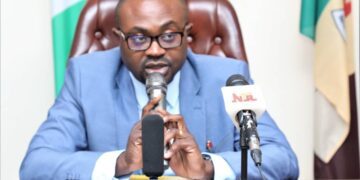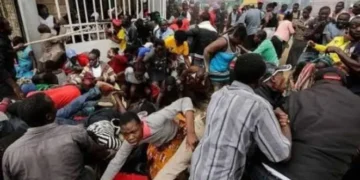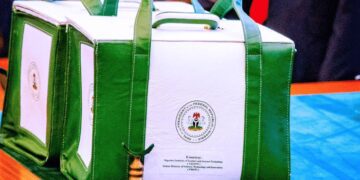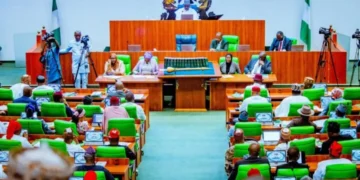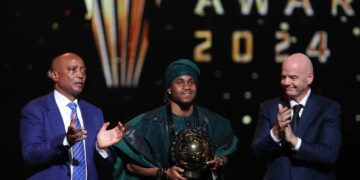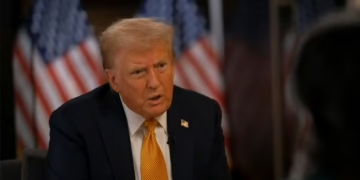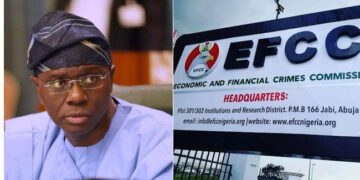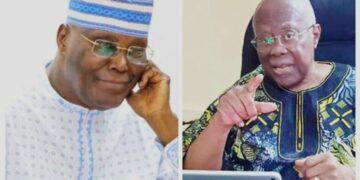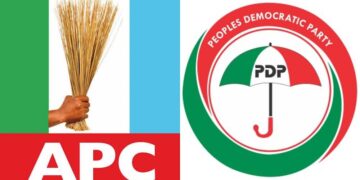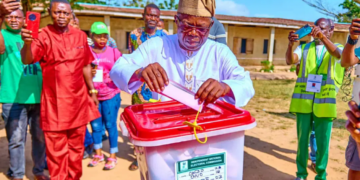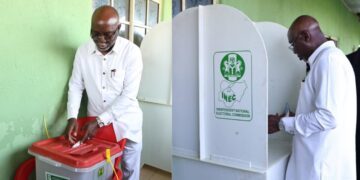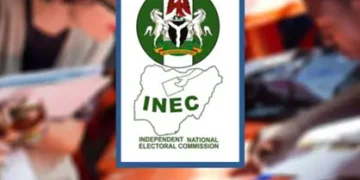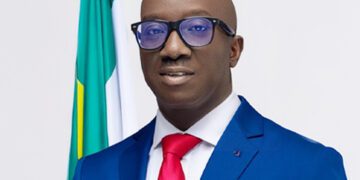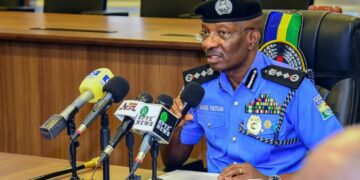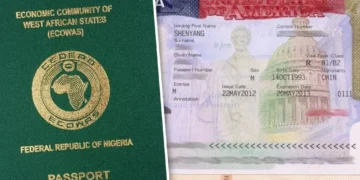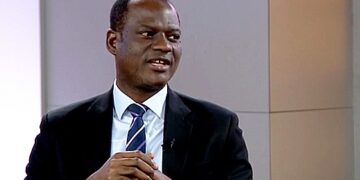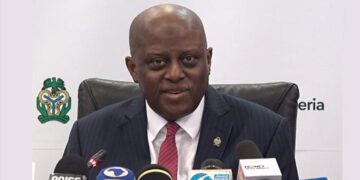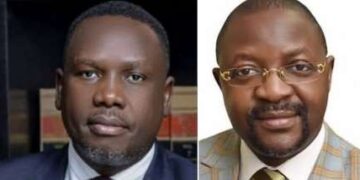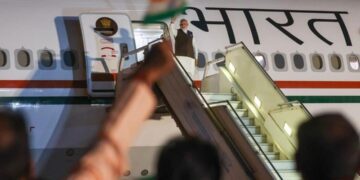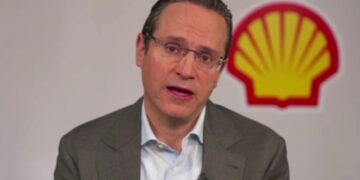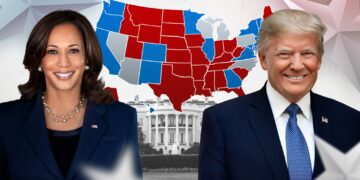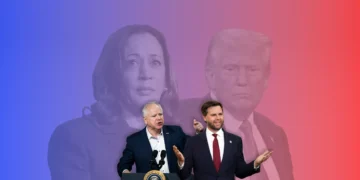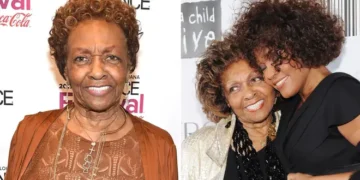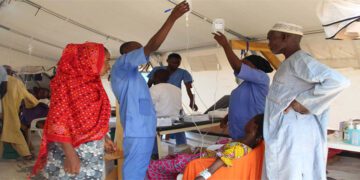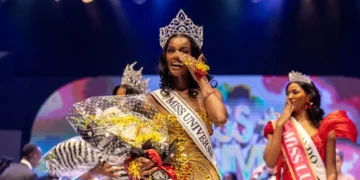The Federal Government on Thursday signed what it termed the Aso Accord for Economic and Financial Inclusion with the 36 state governments and other key stakeholders in the private sector. The Accord is part of efforts to actualize delivery of financial services at affordable costs to all Nigerians, including those in disadvantaged and low-income segments of society. Vice-President Kashim Shettima signed the Aso Accord pact on behalf of the Federal Government at the opening of a two-day workshop for Economic and Financial Inclusion at the Banquet Hall of the State House, Abuja, in the company of the Minister of Finance and Coordinating Minister of the Economy, Wale Edun, and Governor of CBN, Yemi Cardoso. The Chairman of the Nigeria Governors Forum (NGF), Governor Abdulrahman AbdulRazaq of Kwara State, signed the Accord on behalf of the states and the MD/CEO of Sterling Bank PLC, Abubakar Suleiman, signed on behalf of the private sector.
The workshop was organized by the Office of the Technical Advisor to the President on Financial Inclusion (Office of the Vice-President). Declaring the workshop open, Shettima demanded a renewed commitment from state governors and other key players in the nation’s economic and financial inclusion space to forge a more inclusive and prosperous future for all Nigerians. According to him, President Bola Tinubu’s commitment to inclusive economic growth for sustainable development had been unmistakable, “at the core of Mr President’s economic recovery strategy lies a multifaceted approach aimed at rescuing the economy through various means”. The vice-president, who listed the means to include “job creation, ensuring food security, eradicating extreme poverty, and, notably, facilitating access to capital,” pointed out that these “form the foundation upon which our nation’s prosperity rests.” Shettima noted that the inspiration to engage critical stakeholders in the two-day workshop stemmed from the shared interests that align with the stark reality that Nigeria cannot afford to maintain the status quo, expressing confidence that the depth of expertise within the reach of participants is enough to power their grand ideas for financial inclusion.

















